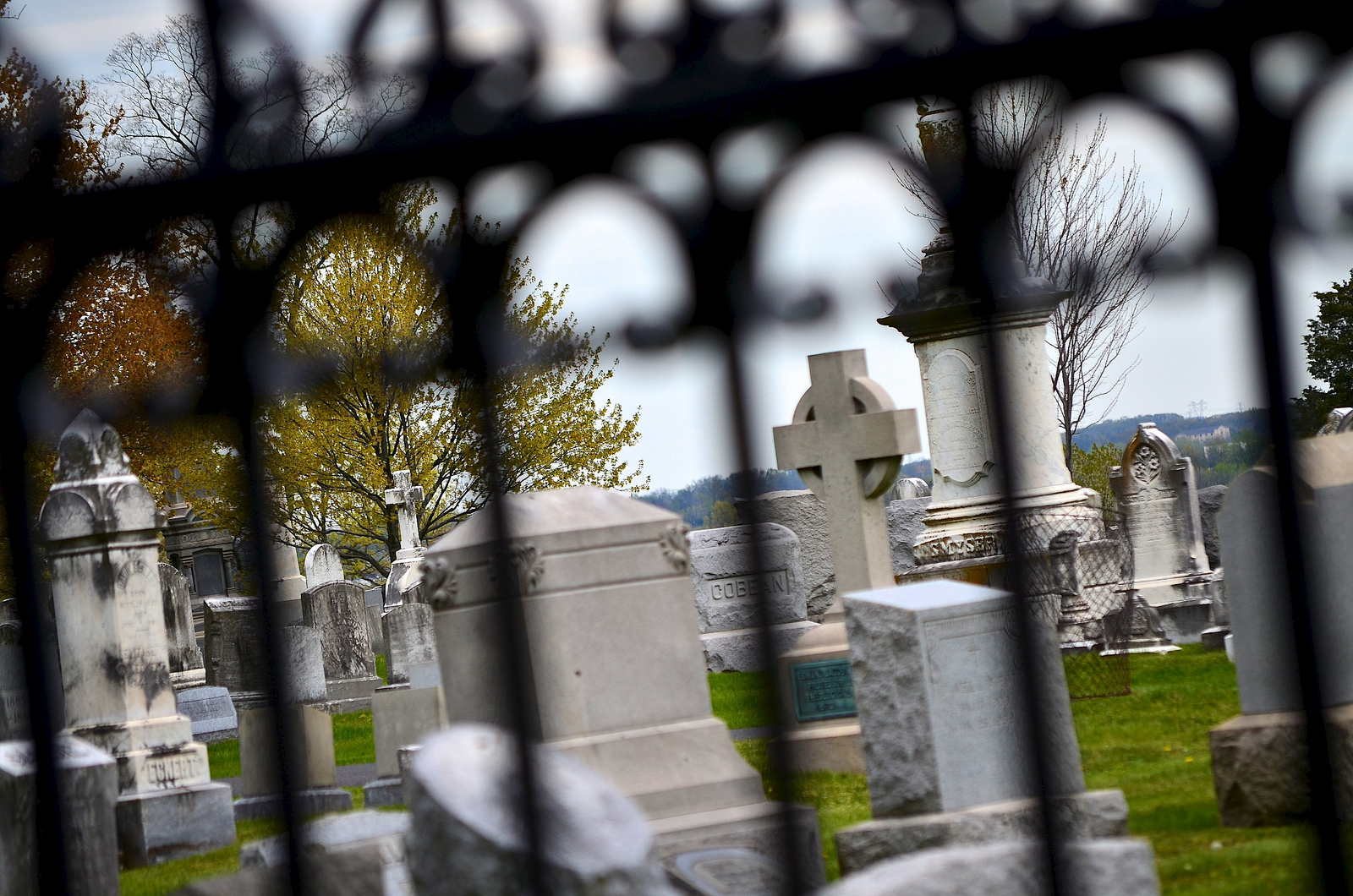 Getting ready in the hotel room this morning ESPN just played one of their “My Wish” pieces, a story about a young boy with a rare form of lymphoma who is “drafted” by the Carolina Panthers. I have very complicated and mixed feelings when I see these stories. First, of course, I think of Mack and I wonder what “wish” he would have had if he had lived, but “qualified” for this program. I strongly suspect it would have been to meet Tim Howard and train with the USMNT. (Tim actually sent us a letter offering his condolences when Mack died.) Elizabeth and I have also commented before that so much of what we grieve for when we lose a child is their future, our future together. Mack had dreams and we had dreams for him. He dreamed of playing for Penn State and for the US National Team. As unrealistic as the dreams of our children (or our dreams for them) may be, we shared them and we wanted to walk towards them together. We mourn that loss too.
Getting ready in the hotel room this morning ESPN just played one of their “My Wish” pieces, a story about a young boy with a rare form of lymphoma who is “drafted” by the Carolina Panthers. I have very complicated and mixed feelings when I see these stories. First, of course, I think of Mack and I wonder what “wish” he would have had if he had lived, but “qualified” for this program. I strongly suspect it would have been to meet Tim Howard and train with the USMNT. (Tim actually sent us a letter offering his condolences when Mack died.) Elizabeth and I have also commented before that so much of what we grieve for when we lose a child is their future, our future together. Mack had dreams and we had dreams for him. He dreamed of playing for Penn State and for the US National Team. As unrealistic as the dreams of our children (or our dreams for them) may be, we shared them and we wanted to walk towards them together. We mourn that loss too.
When I see a TV piece like this I also hurt for the families of these children. The whole purpose of these Wish programs is to offer some comfort to the children and families who are facing terminal illness. We lost Mack so quickly that there was no time of preparation, no confronting the impossible task of telling our child that they might very well die. These families have the incredibly difficult task of preparing themselves and their child for the worst potentiality. Perhaps the best bit of advice that we have read for families in such situations is to not grieve the death of their child before they are gone. This is what such programs allow; they enable the families to continue to live in hope and joy and that is immeasurable in its value. But as wonderful as these programs are, they can only ever be a small comfort when compared with the reason they were created in the first place.
This also brought to mind our recent theological discussions about what happens when we die and about “life after life after death,” as NT Wright called it. Matt Hauge has offered great further discussion on the matter, but I want to consider again why it is that Jesus, Paul, and Revelation speak about what happens postmortem (as Matt calls it, clinic and appropriate I suppose). On one level, the reasons are much the same as the Wish programs. The promises that this life is just the beginning and that we will be raised and whole in union with one another and God should encourage us, providing us with comfort as we struggle against the ills and pains of this world. On the other hand, while the biblical teachings offer us strength and inspiration for living our lives now they are not just a slave, a psychological bandage to cover over real injuries. They are assertions of truth, the reality that extends beyond this world and into the next. We can not only bear “all things” when we know that they are temporary, but specifically when we know that this is just the beginning. I know that not only is Mack no longer suffering, but he continues to live and in a way that makes this life a mere shadow in comparison.
This is the power of the Promise of the Bible as opposed to the Wish Project of ESPN. The latter is a wonderful and worthwhile program that brings comfort and joy, but only for a time. The former brings true peace and ultimate healing: healing of the spirit, the body, and union with one another and God.
Below are some other thoughts that occurred to me while writing the above.
Digression #1
Many will say that, in spite of my objections, it is just a salve, such beliefs are merely a crutch and, heh! if it makes you feel better and helps you get through the day, then sure, go ahead and believe. (But that doesn’t make it true.) My instinctive response to such statements is to always point out that we are fragile and lame creatures who are in need of crutches so I don’t object to that analogy. But I also know that there is nothing that I can say that will convince anyone else about the veracity of the New Testament claims. This is truly a matter of faith, each of us have to examine the evidence and our hearts to determine our beliefs. I would point out, however, that faith is not easy.
Digression #2
I mentioned in two earlier, unexpectedly related posts that John Collins and NT Wright both warn about a view of Eschatology that causes people to care less about this world, with the conviction that it is all coming to an end anyway, so why bother. As I have written before, I just don’t see it in practice. Yes, I know that there are some preachers out there who will say that we don’t need to care for this world or pay attention to current needs since God is going to wipe it all away. There are, of course, the Left Behind series as well… Oy. And this is specifically what Wright is opposing, why he emphasizes so firmly the physical resurrection and our engagement with running the new creation.
What the New Testament really says is God wants you to be a renewed human being helping him to renew his creation, and his resurrection was the opening bell. And when he returns to fulfil the plan, you won’t be going up there to him, he’ll be coming down here.
But by and large I do not see this as a very great concern. Certainly not in mainline Christianity, but not even in the more conservative churches (and I am not a stranger to either). In fact, I think we could make a far stronger argument that these sorts of notions that Collins and Wright are concerned with existed in much greater force in antiquity and the medieval periods. That is when there were ascetics going off alone to prepare themselves for God by denying their natural needs and ignoring the needs of others around them.
Where I agree quite strongly with Hauge and Wright is that the visions of our eternal blessings, God’s judgment, the new creation or heaven and earth are all intended to encourage us and provide us with strength for today while conveying the truth about tomorrow. Could it be that the greater “threat” to contemporary Christianity is not an expectation of the resurrection and a simplistic view of heaven, but rather a lack of belief in the “life after life after death”? What would that look like? Too much of an emphasis upon this world, a deepening sense of fatalism and hopelessness? I wonder.






3 thoughts on “Wishes, dreams, and promises”
As committed Christians, belief in life after death is the only thing that comforts our broken hearts and our melancholia in the loss of talented, handsome, intelligent and kind son. He was a newspaper editor and fought a courageous year-long battle against brain cancer. We miss our vision of the future with him in it and it is excruciating. I feel a kindred spirit with all who have suffered the loss of a child.
Shirley, I am sorry for your loss. We share the loss of a son and will keep you and your family in our prayers.